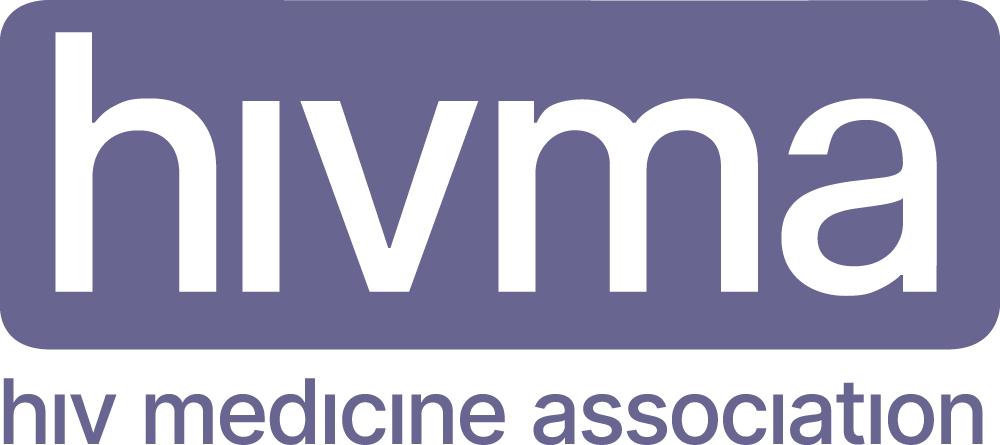Scientific Advances in HIV Signal Need for Continued Investment
Breakthrough research presented at the International AIDS Society’s 2023 Conference on HIV Science in Brisbane, Australia this week demonstrates the significant advances and scientific achievements recently made in HIV science. Experts say these results point to how close the scientific community is to ending HIV as a pandemic within the next decade.
Key studies presented at the conference or released this week include:
Low HIV viral levels lower risk of sexual transmission to nearly zero
The results of a systematic review of the literature show that people with HIV with low levels of virus in their blood have almost zero risk of sexually transmitting HIV. This study reinforces the importance of early diagnosis, sustained access to HIV care and treatment as effective and powerful ways to keep people with HIV healthy and to prevent new cases.
People with HIV can safely donate organs
People with HIV experience longer waiting times for organ donations and are more likely to die while on the waiting list for organ donations. Data from an NIH-supported case series report from the HOPE in Action Consortium suggest that people with HIV can safely donate kidneys to other people with HIV.
A specific statin is effective in reducing risk of cardiovascular disease in people with HIV
People with HIV have double the risk of cardiovascular disease than people without HIV. The REPRIEVE study, a large, randomized NIH-supported clinical trial, found that people with HIV taking a specific statin can reduce their risk of cardiovascular disease.
The global AIDS pandemic has affected more than 85 million people and taken more than 40 million lives.
“Now is the time to sustain investment in HIV research and response,” said Michelle Cespedes, MD, MS, chair of HIVMA. “It is more important than ever to continue funding for comprehensive HIV response through PEPFAR, the National Institutes of Health, the Ryan White HIV/AIDS Program, and the Centers for Disease Control and Prevention. The United States can continue to lead with science and save countless lives.”
To speak to an expert in HIV, please contact Tyler Williams at (434) 329-0940.
About the Infectious Diseases Society of America
IDSA is a leader on issues of importance to ID professionals, including education and training, policy and advocacy, setting guidelines for patient care, and developing resources for clinical practice. It remains at the forefront of global health issues such as COVID-19, antimicrobial resistance and HIV/AIDS. Housed within IDSA is the HIV Medicine Association, which represents medical providers and researchers working on the front lines of HIV. More than 12,000 IDSA and HIVMA members work across the United States and in nearly 100 other countries on six different continents. For more information visit www.idsociety.org. Follow IDSA on Facebook and Twitter.
